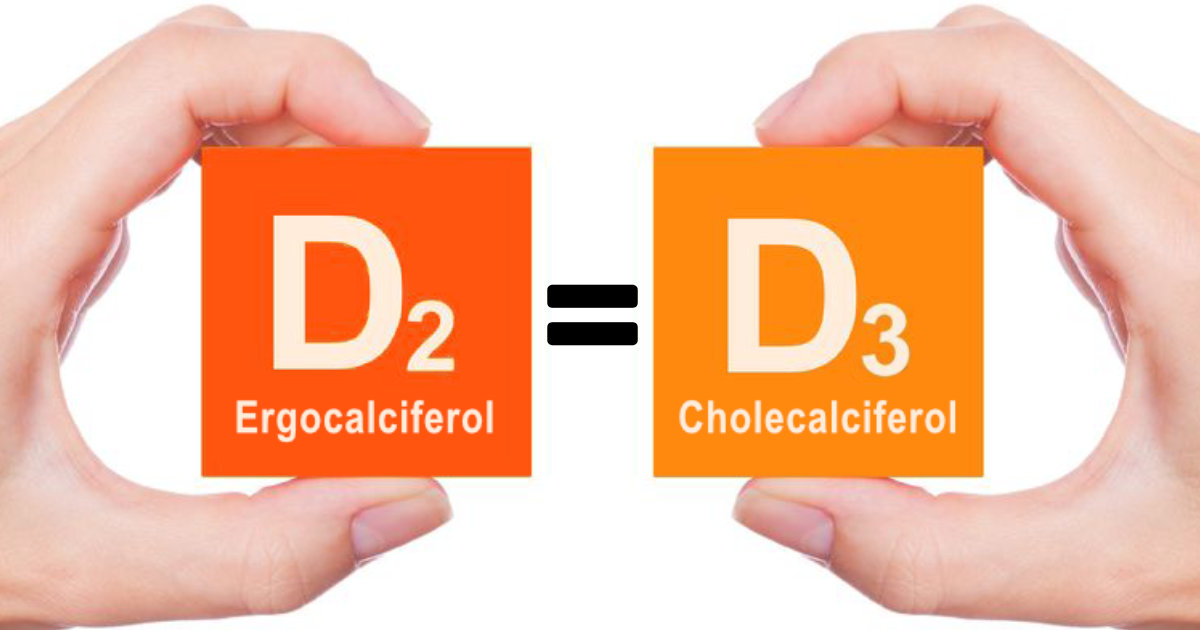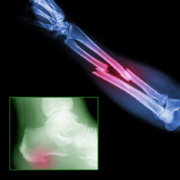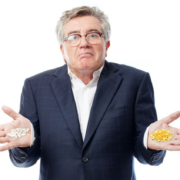My Verdict on D3 vs. D2: A Draw
The medical community and the health gurus agree, and the research appears to agree with them: vitamin D3 is better than vitamin D2. A no-brainer, it would appear.
No. My call at this point: it’s a draw. Here’s why.
The Current Research
The research on vitamin D and absorption is a mess. There’s little to no consistency. You saw the number and attributes of subjects, quantity of the supplemental forms of vitamin D, and the length of the studies. The bulk of the studies use therapeutic doses, 50,000 IU and up, to see how the forms of D are absorbed to treat serious deficiencies of vitamin D in people. Vitamin D2 has been used for treatment for decades that way and still is today.
It’s true, that vitamin D3 does increase blood levels of vitamin D more and it seems to last longer than D2. So what? This is not a medication, it’s a nutrient. Why would anyone stop taking it? What the research proves is that levels of both forms of D decline after a person stops taking the supplement. I could have predicted that without doing a single study.
The study that came closest to reality that D3 is better than D2 was the study on hip fractures—at least that lasted three months. The studies that last longer give higher doses, up to 500,000 IU in a dose, and see what happens over a year. Why? What will that tell you? No one takes supplements like that.
The Ideal Study
If I could construct a study, I would track a large group of people divided into a placebo group, a group taking vitamin D3 only, a group taking vitamin D2 only, and a group given half the dose each of D3 and D2. It would also use off-the-shelf dietary supplements; when researchers have specific products formulated that are not for sale, the resulting info is worthless to us as consumers. The dose should be reasonable such as 2,000 or 5,000 IU. Subjects should be followed for at least a year. Several variables should be checked regularly.
The Bottom Line
Based on my assessment of the current research, vitamin D3 is better absorbed and converted to active vitamin D than D2, but there’s no evidence that D2 is not effective or that it’s harmful—it’s been used nearly 100 years! In my opinion, it may require a third more D2 to equal D3 to get equivalent effectiveness. Other than that, if you want the vitamin D you take to be effective, the only thing you need to do is take it consistently.
The Super Bowl Webinar is tomorrow. Time to start getting rid of the body fat you’ve been wanting to lose.
What are you prepared to do today?
Dr. Chet









